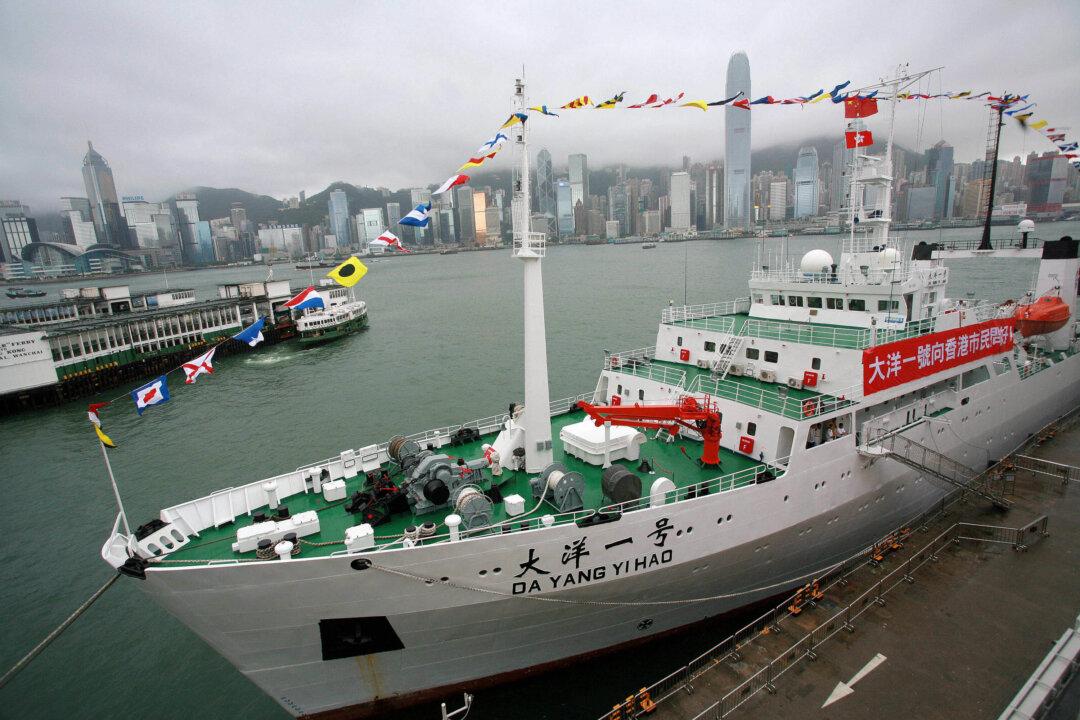Commentary
For years, the United States has been giving away deep-sea mining resources to China through a self-defeating policy of doing nothing. As a result, Beijing is now on the cusp of cornering the undersea mineral market worth trillions of dollars and weaponizing it against us and our allies.





